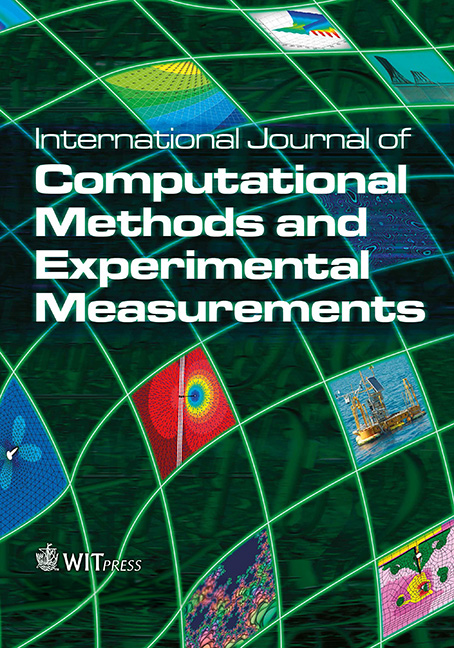EFFECT OF FUEL INJECTOR HOLE DIAMETER AND INJECTION TIMING ON THE MIXTURE FORMATION IN A GDI ENGINE - A CFD STUDY
Price
Free (open access)
Volume
Volume 6 (2018), Issue 4
Pages
11
Page Range
737 - 748
Paper DOI
10.2495/CMEM-V6-N4-737-748
Copyright
WIT Press
Author(s)
PRIYANKA D. JADHAV & J. M. MALLIKARJUNA
Abstract
Performance and emission characteristics of a gasoline direct injection (GDI) engine are mainly influenced by the in-cylinder mixture preparation. However, in these engines, mixture formation depends upon many factors viz., fuel injection strategy and parameters, mode of operation, engine geometry, etc. Therefore, understanding the mixture formation, under various engine operating conditions and fuel system configurations, is very much essential. In this study, an attempt has been made to understand the effect of fuel injector-hole diameter and fuel injection timing on the mixture formation in a four-stroke, wall-guided GDI engine using computational fluid dynamics (CFD) analysis. The CFD simulations are carried out from inlet valve opening (IVO) to exhaust valve opening (EVO) period using the CONVERGE. The CFD models used are validated with the available data from the literature. The engine considered has a compression ratio (CR) of 11.5. All the CFD simulations are carried out at the engine speed of 2000 rev/min. Three fuel injector-hole diameters viz., 0.1, 0.14 and 0.18 mm and three fuel injection timings viz., 605, 620 and 635 crank angle degree (CAD) are considered for the analysis. The mixture formation is analyzed in the vicinity of the spark plug and at other parts of the combustion chamber. From the results, it is found that higher nozzle-hole diameter yielded very rich mixture zones near spark plug. Also, lower nozzle-hole diameter and retarded fuel injection timing showed higher indicated mean effective pressure (IMEP).
Keywords
combustion, fuel injection strategies, GDI engine, mixture stratification




